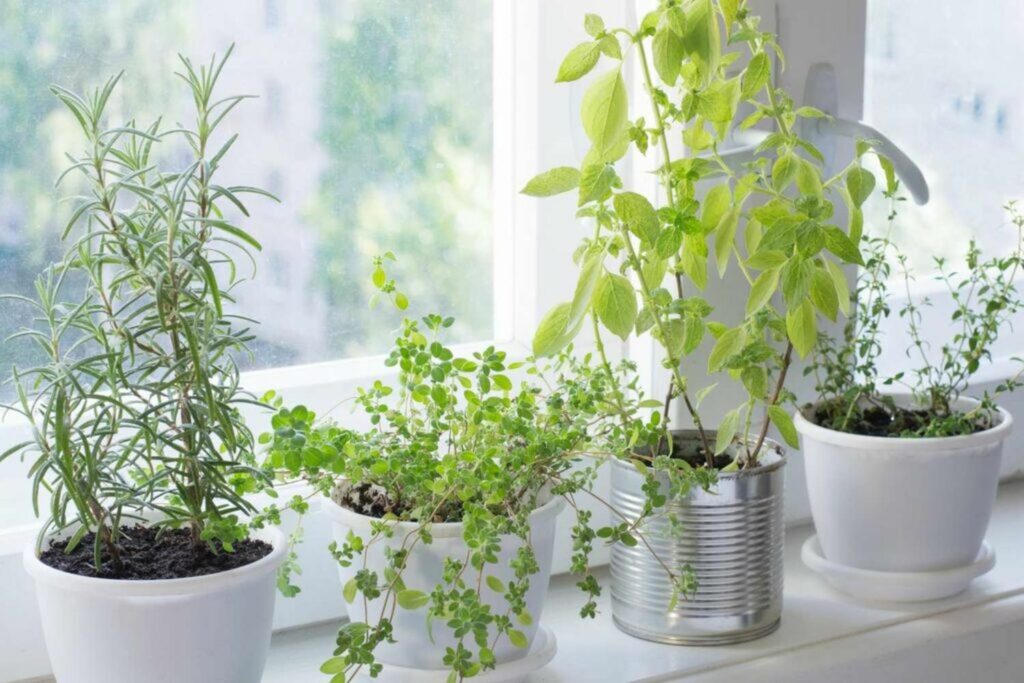Have you ever felt stressed or anxious and found solace in spending time outdoors? Well, you’re not alone! Studies have shown that gardening can be a therapeutic activity that promotes mental health and wellbeing. Whether it’s planting seeds or tending to your plants, the act of gardening has been known to reduce stress levels, boost mood and even improve self-esteem. In this blog post, we’ll explore the connection between gardening and mental health, as well as provide some tips on how to use gardening as a tool for better mental health. So grab your gloves and shovel – let’s dig into the joy of harvesting happiness through gardening!
The Connection between Gardening and Mental Health
Gardening has been linked to improved mental health, and it’s not hard to see why. For starters, spending time outdoors can help reduce stress levels and promote relaxation. Being surrounded by nature has a calming effect on the mind and body, which is why gardening can be such a powerful tool for improving mental wellbeing.
Furthermore, the act of caring for plants can provide a sense of purpose and fulfillment that is beneficial for mental health. When we nurture something from seedling to maturity, we gain a sense of accomplishment and pride in our work. This feeling of achievement can boost self-esteem and help combat feelings of depression or anxiety.
In addition to these benefits, gardening also provides an opportunity for physical activity – another important factor in maintaining good mental health. Whether it’s digging holes or lugging bags of soil around your garden bed, gardening requires physical effort that helps release endorphins – chemicals in the brain that promote happiness.
There are many ways in which gardening contributes to better mental health. From reducing stress levels to boosting self-esteem through nurturing living things while being physically active at the same time – all these factors make gardening an excellent way to improve overall wellbeing naturally!
How Gardening Can Help Improve Mental Health
Gardening is one of the most rewarding hobbies you can take up, and it has numerous benefits for your mental health. When we garden, we are connecting with nature and engaging in a form of mindfulness that allows us to clear our minds of stress and anxiety.
One way gardening can help improve mental health is through physical activity. Gardening involves tasks such as digging, planting, watering, and weeding – all of which require movement and provide an opportunity for exercise. Physical activity releases endorphins in the brain that reduce stress levels while increasing feelings of happiness.
Another way gardening improves mental health is by providing a sense of purpose. Tending to plants gives us a sense of responsibility for another living thing’s well-being. This fosters feelings of accomplishment when our plants grow healthy and strong.
Gardening also provides an opportunity for socialization when done with others or even joining gardening clubs where people share their experiences growing different types of plants.
Being exposed to sunlight helps increase vitamin D production essential for better mood regulation. Incorporating gardening into your life can be an excellent tool to maintain good mental health alongside other forms like therapy or exercise programs.
Tips for a Better Mental Health Through Gardening
Gardening can offer a wide range of benefits for your mental health. However, if you are new to gardening or struggling with your mental health, it may be difficult to know how to get started. Here are some tips for using gardening as an effective tool for improving your mental wellbeing.
1. Start small: Don’t overwhelm yourself by taking on too much at once. Begin with a small garden bed and gradually expand as you become more confident in your abilities.
2. Choose plants that suit you: Consider what types of plants will bring the most joy and satisfaction to you personally – whether it’s colorful flowers or delicious vegetables.
3. Set realistic goals: It’s important to set achievable goals based on the time and resources available to you, rather than striving for perfection or comparing yourself to others.
4. Embrace mindfulness: Use gardening as an opportunity to practice being present in the moment, focusing on sensory experiences such as smells, textures and sounds.
5. Connect with others: Joining a local gardening club or attending workshops is a great way to connect with like-minded individuals who share similar interests and passions.
By following these tips, you can make the most out of your experience in the garden and reap all the wonderful benefits that come along with it!
Conclusion
Gardening is not just a hobby, but it can also be an effective therapy for improving mental health. The joy of harvesting happiness through gardening is real and backed by science. The connection between nature and humans has always been strong, and gardening is one way to nurture that bond.
Gardening helps reduce stress levels, anxiety, depression symptoms, and improves overall well-being. It provides a sense of accomplishment when you see your plants thrive under your care. Furthermore, the physical activity involved in gardening releases endorphins which can help improve mood.
By dedicating some time each day to tending to their gardens or even cultivating indoor plants, people can gain better mental clarity as they focus on something other than their worries or concerns. Gardening offers a peaceful escape from the stresses of daily life while providing tangible benefits in terms of improved mental health.
So if you’re looking for ways to cultivate more joy in your life and boost your mental health at the same time – why not try starting a garden? It might just be the perfect solution!








